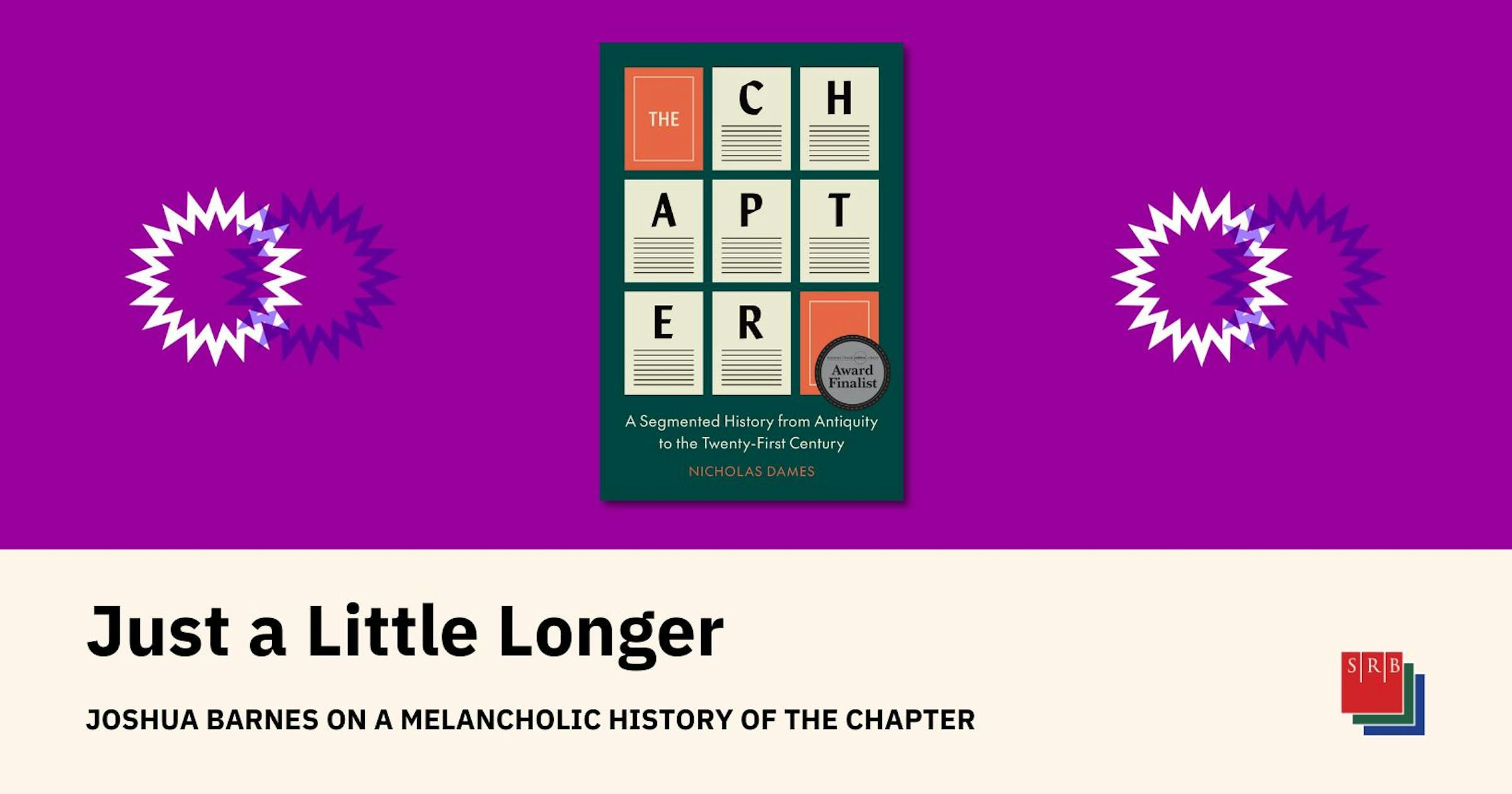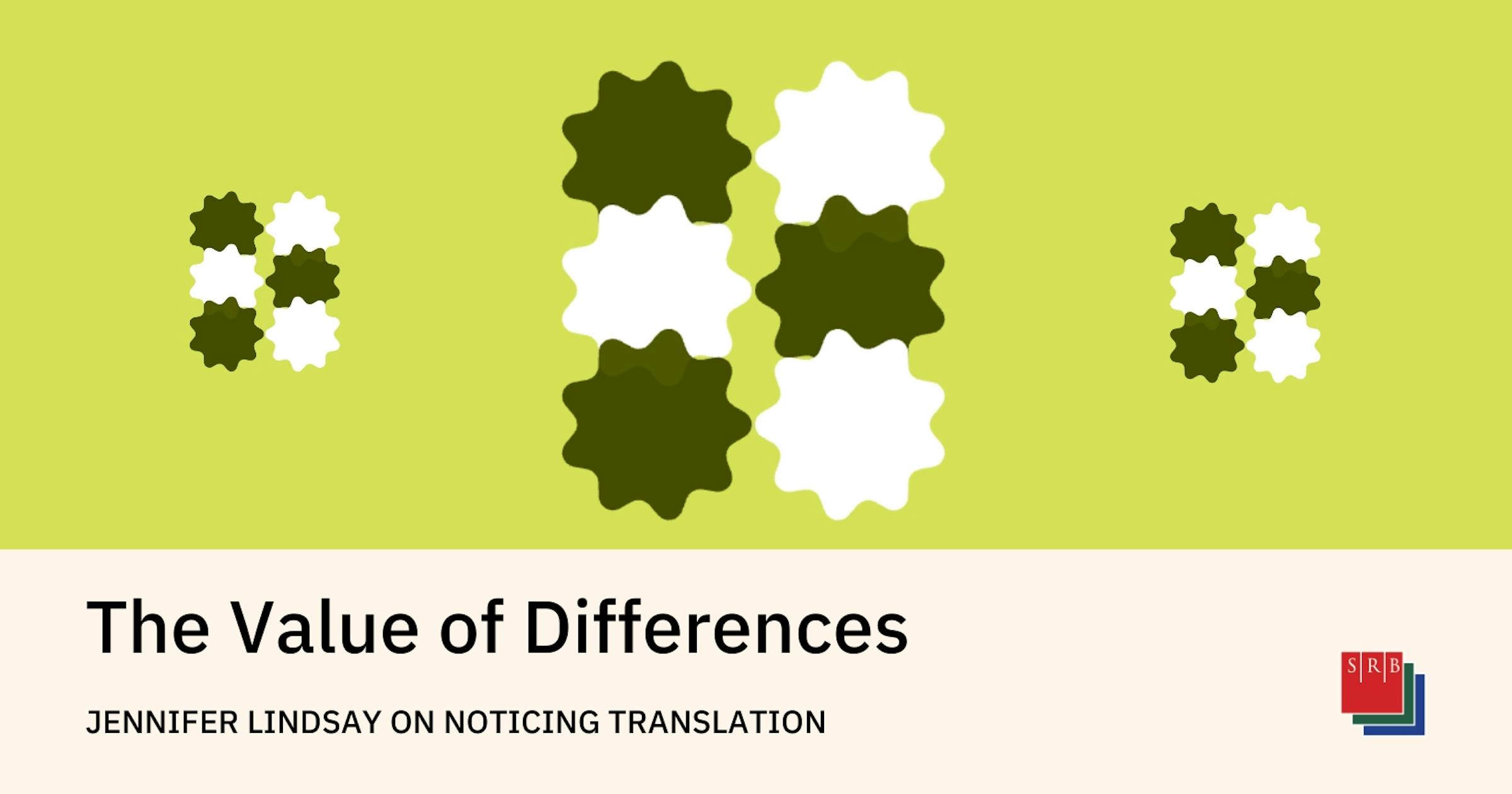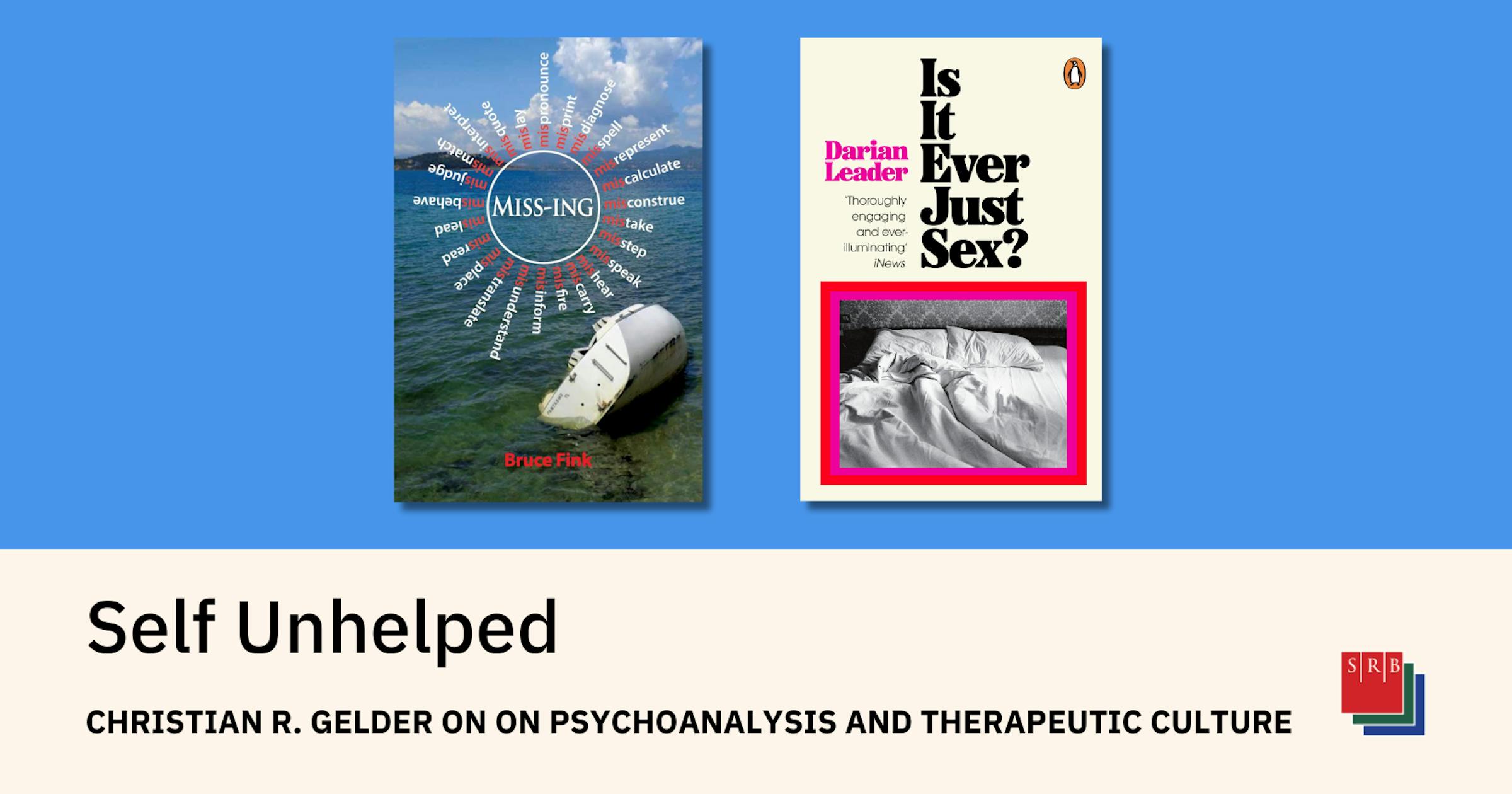The Evolution of the Chapter: From Malory's Morte d'Arthur to Austen's Age

This essay explores the history of novel chapter divisions and their evolution. It begins with the revelation that the chapter breaks in Malory's 15th-century *Morte d'Arthur* weren't his, but additions by the printer Caxton, altering the text's rhythm and tension. The essay traces the evolution of chapters from medieval times to the 18th century, where their function shifted from simple text segmentation to a complex tool shaping narrative pacing and reader experience. Analyzing various authors' uses of chapters – including Sterne, Fielding, Equiano, and Goethe – the essay reveals the interplay between chapter form, narrative strategies, social change, and reader subjectivity. Ultimately, it argues that chapter divisions aren't merely technical devices, but profound constructions of time and narrative experience.
Read more
